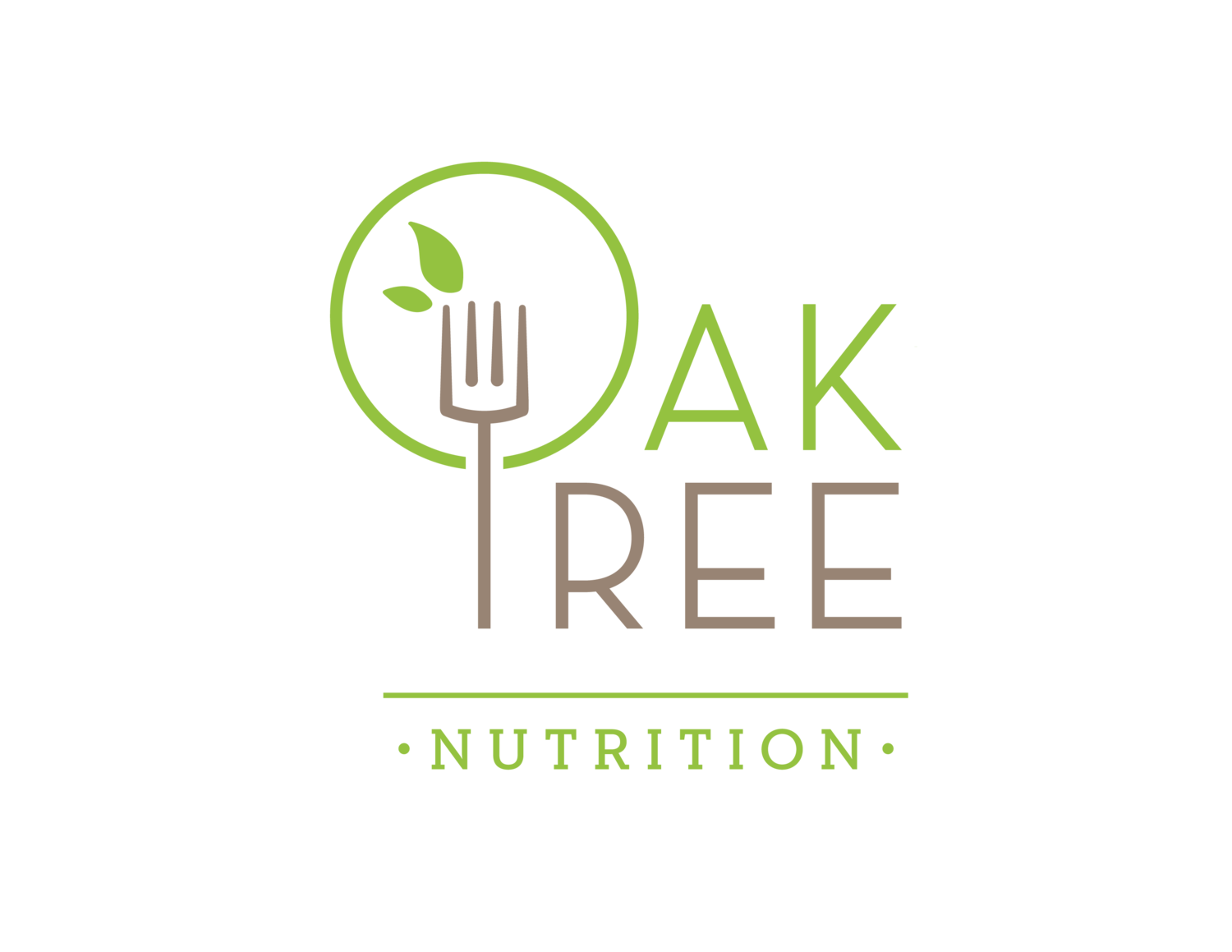Enjoying Food During the Holidays
/Christmas is one of my favourite holidays! I love the overall happiness the season brings, time spent with family, Christmas music and of course the delicious food and treats.
It is definitely a time for celebrating, enjoying the company of others and reflecting on what we are most grateful for. For some of us though, the stress of the season, especially around eating, can lead to feelings of guilt and anxiety.
Here are some helpful tips to help you focus on the present moment and the happiness that surrounds us during this time.
Eat Regular Meals and Snacks
- “Saving” all of your calories for the big meal can lead to feeling overly full, sluggish and perhaps even guilty for overindulging.
- Try having 3 meals and 2 snacks (if hungry) a day.
- Eating regularly during the day will help keep energy levels up and prevent you from overeating at a meal or over snacking on treats.
- Go to a party with an appetite but not starving!
Incorporate the Healthy Plate Model at meals
- Try incorporating this model wherever you go (restaurant, party, home, the mall, etc).
- This means: 1/2 plate vegetables, 1/4 plate carbohydrates (stuffing, potatoes, bread) and a 1/4 plate protein.
- Try to always use a plate!
- This will help in knowing exactly how much you are eating (i.e. appetizers, chips).
- Keep an eye on portion sizes. Maybe share a large dessert or choose a small square or two.
For Dessert:
- Choose fruit if available plus a treat or two.
- Try thinking, “I can have something tomorrow again if I want to.”
Sip on Water During the Day
- If wanting alcohol or a sugary beverage, try to sip on water in between each drink to decrease the amount you have and stay hydrated.
- Hunger and thirst cues can often get mixed up. Staying hydrated can prevent this!
- Try flavoured water for a healthy twist.
Eat Mindfully
- The holidays are a great time to start eating mindfully. Try to eat when hungry and stop when comfortably full.
- Create a nice eating environment and enjoy your meal! For example, place some candles on the table or a nice centre piece.
- Enjoy and savour each bite!
Lose the Guilt and Love Yourself!
- Having a “cheat day” and then restricting certain foods the rest of the week can lead to a binge and an overall unhealthy relationship with food.
- Try not giving food so much control over how you feel during the holidays. Enjoy each meal and treat and try to focus on all the positive things surrounding you!
- If you eat more one day, don’t stress or beat yourself up about it. Just pick up with your healthy eating habits the next day.
- Please, stay off that darn scale!
- This is something I encourage throughout the year and not just during the holidays. At the end of the day, the scale reflects just a number. Weight fluctuates daily and it is usually not because of body fat.
If you feel like you are needing a bit more advise or suggestions on healthy or mindful eating during the season, I am always here to help.
Happy celebrating!
With love,
Lisa






